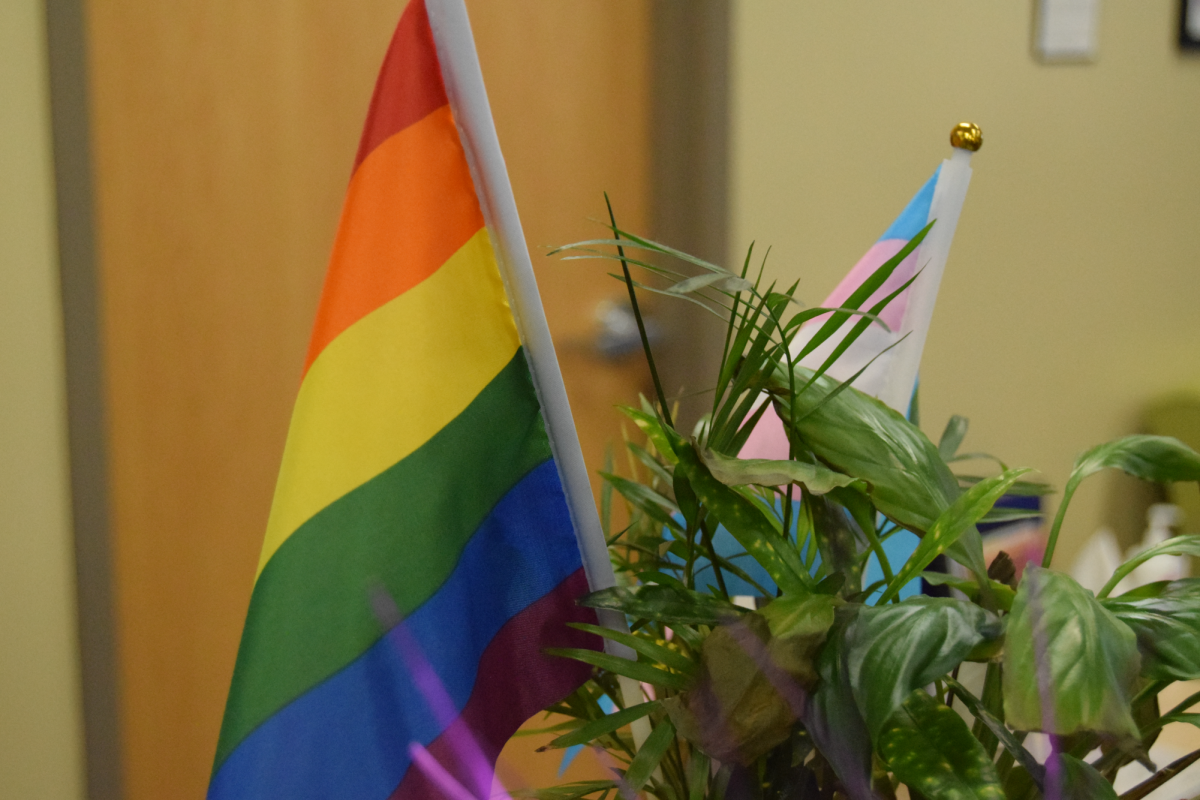
Dr. Carsten Stark, a visiting professor from Hof University in Germany, provided an analysis about the increasing polarization of political dialogue in the U.S. and the world as part of WSU’s Sociology & Anthropology Brown Bag Series on Oct. 15.
Stark believes participants in democratic societies speak different political languages influenced by their value systems. When understanding and communication between people of different political belief breaks down, democratic institutions suffer and countries become less democratic, according to Stark.
When a political leader tweets or posts on social media, supporters, critics, bots, trolls and commentators share the post to tens of thousands of users. Supporters view the thought as vindication of their worldview. Critics view it with vitriol. The same scene has become a daily occurrence.
For Stark, the back and forth goes beyond a simple debate between left and right.
“They are talking different languages,” Stark said. “They are using their brains in completely different ways.”
Stark began his professional career as a police interrogator, including interactions with members of Al Qaeda and ISIS as well as rapists, common criminals and neo-Nazis. The German constitution prohibits the use of torture in interrogations, so Stark had to rely on other strategies to obtain information.

His best strategy turned out to be the simplest. He would listen to what the person in custody would have to say and take it as true, even if he suspected it was false.
“You cannot talk without thinking,” Stark said. “So with every single word you are using, you are telling us something about your thought process.”
Stark believes the ability to listen is crucial in determining what other people think about the world. Listening also allows others to discover one’s identity and values.
“So, if it is in an interrogation, or if you are talking to friends, what you say will reveal something about you,” Stark said. “You will use the patterns you have learned throughout your entire life. Your identity is a product of all of this.”
Stark urges others to let people talk if one wishes to understand, if not accept, a different point of view.
“Now I am not working with criminals,” Stark said. “I am working with politicians.”
The comment elicited laughs from the audience and segued into the point of his presentation. Stark believes the same method of listening he used in his interrogations can help bridge the current gulf between conservative and liberal politics.
Stark classifies the politically active into two categories, those who believe in “enlightened democracy” and those who believe in “everyday democracy.”
Enlightened democracy corresponds to liberal ideals such as abstract political theory, trust in scientific inquiry and democratic institutions. Everyday democracy corresponds to conservative ideals such as practical solutions to personal problems and trust in specific persons or God.

“The Iowa farmer may not care about what is happening in Syria,” Stark said. “Likewise, the progressive university student thinks it is silly the Iowa farmer still believes in God or is a racist because of support of Trump.”
The challenge facing democracies today, Stark said, is reconciling the beliefs and needs of the two. According to Stark, social media is making the challenge more difficult. Social media has allowed users to post their convictions as absolute truth.
However, Stark warns that healthy democracies require an educated and informed populace, whether voters are conservative or liberal. The breakdown of compromise and dialogue will lead to the erosion of democratic ideals.
To preserve healthy democracies, Stark believes, states should focus on making education available and affordable to as many people as possible. He also warns against allowing the rich and elite to monopolize education, as it causes further distrust and resentment. He does not expect people to give up their convictions, but he does believe educated people are more willing to listen to opposing points of view.
“If you are unwilling to believe in expertise and knowledge, you must replace it with faith,” Stark said. “And if you take everything by faith, then you will believe almost anything, no matter how absurd it may be. I do not need to tell you where that may lead.”













